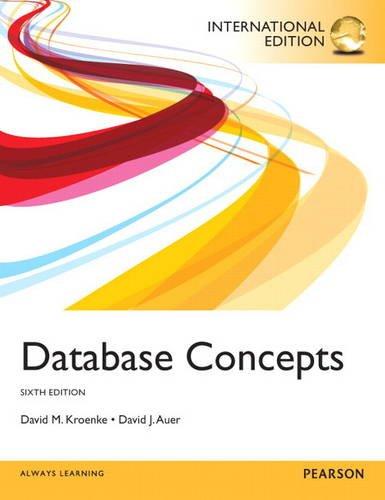Answered step by step
Verified Expert Solution
Question
1 Approved Answer
Could you help me with the following problems : 1 - My code only work if the assignment is in dictionary form but he should
Could you help me with the following problems :
My code only work if the assignment is in dictionary form but he should accept an list of list instrad where the negation of literal is represent by fora literal will be an integer, where a negative integer indicates the negation of the variable denoted by the corresponding positive integer.
My code output two answer one in dictionarie form and the other in a list form ca you make it to just output the list form
after that can you take a look and make it faster Take your time to analyze it and make sure you code is correct and fast Most expert either submit soemthing wrong or a code that is slower than mine
My code :
def updateclausesclauses literal:
updatedclauses
for clause in clauses:
if literal in clause:
continue # Skip the clause as it's satisfied
newclause x for x in clause if x literal
if not newclause:
return False # Unsatisfiable clause found
updatedclauses.appendnewclause
return updatedclauses # Always return a list
def choosevariableclauses:
literalcount
for clause in clauses:
for literal in clause:
literalcountabsliteral literalcount.getabsliteral
return maxliteralcount, keyliteralcount.get
def unitpropagationclauses assignment:
while True:
unitliterals clause for clause in clauses if lenclause
if not unitliterals:
break
for unitliteral in unitliterals:
clauses updateclausesclauses unitliteral
if clauses is False:
return False, assignment
assignmentabsunitliteral unitliteral
return clauses, assignment
def dpllsatsolveclauses assignmentNone:
if assignment is None:
assignment
clauses, assignment unitpropagationclauses assignment
if clauses is False:
return False
if alllenclause for clause in clauses:
return assignment
var choosevariableclauses
unassignedvars absliteral for clause in clauses for literal in clause if absliteral not in assignment
if not unassignedvars:
return assignment
for value in True False:
newassignment assignment.copy
newassignmentvar value
result dpllsatsolveupdateclausesclauses var if value else var newassignment
if result is not False:
return result
return False
def converttolistoflistsresultdict:
if resultdict False:
return False
else:
resultlist
printresultdict
maxvar maxresultdict, keyabs
for i in range maxvar :
if i in resultdict:
if resultdicti:
resultlist.appendi
else:
resultlist.appendi
else:
resultlist.appendi
return resultlist
Step by Step Solution
There are 3 Steps involved in it
Step: 1

Get Instant Access to Expert-Tailored Solutions
See step-by-step solutions with expert insights and AI powered tools for academic success
Step: 2

Step: 3

Ace Your Homework with AI
Get the answers you need in no time with our AI-driven, step-by-step assistance
Get Started


